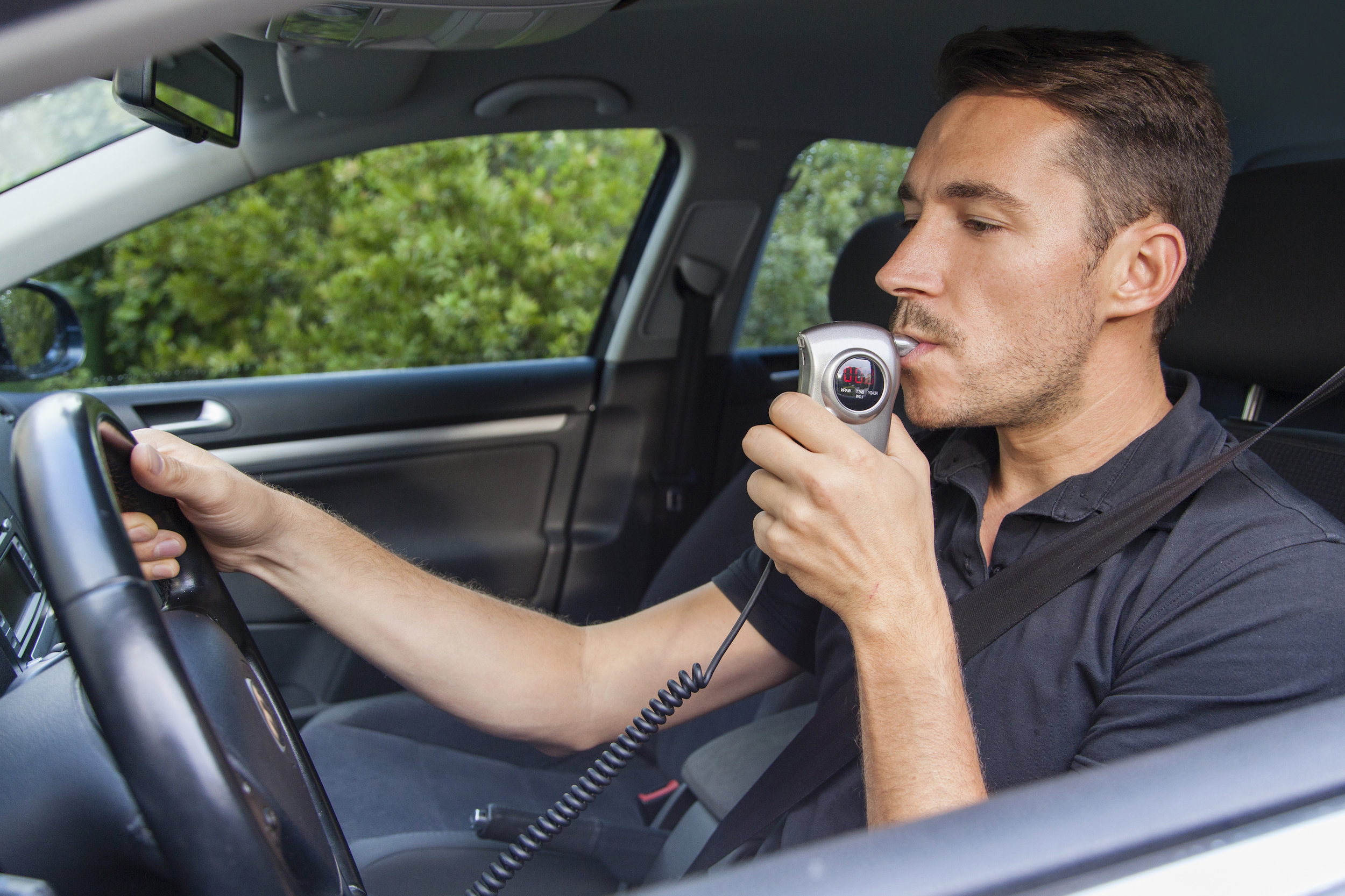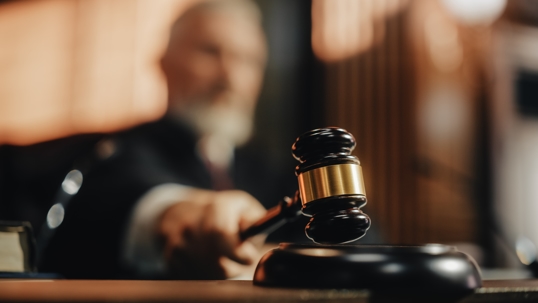If you’ve ever wondered how drunk driving charges work, you’re not alone. Many people don’t understand how serious these offenses are until they—or someone they care about—gets pulled over after a couple of drinks. The truth is, drunk driving laws are strict, complex, and vary from state to state. But the moment you’re facing a DWI (Driving While Intoxicated) or DUI (Driving Under the Influence) charge, the confusion turns into anxiety. This guide was written to take that anxiety off the table.
In this beginner-friendly overview, we’ll break down everything you need to know about drunk driving charges. From what qualifies as a charge to how the legal process unfolds and what penalties you could face, we’ll walk through the process in a clear, engaging, and relatable way—complete with real-life stories to drive the points home.

What Exactly Are Drunk Driving Charges?
Drunk driving charges refer to criminal offenses filed against individuals who operate a motor vehicle while impaired by alcohol. Most U.S. states consider aBlood Alcohol Content (BAC)of 0.08% or higher as the legal limit for adult drivers. However, some states have even stricter thresholds for commercial drivers or minors.
Depending on the circumstances and state laws, a drunk driving charge may be classified as:
- DUI (Driving Under the Influence)
- DWI (Driving While Intoxicated)
- OUI (Operating Under the Influence)
- OWI (Operating While Intoxicated)
Although the terminology may differ, the idea is the same: if you’re impaired and behind the wheel, you’re breaking the law.
Real-Life Story: Emily’s Mistake on a Rainy Night
Let’s make this real with a story. Emily, a 25-year-old graphic designer, had dinner with coworkers on a rainy Thursday night. She had two glasses of wine over two hours, felt fine, and got behind the wheel. Ten minutes into the drive, she hydroplaned slightly, drawing the attention of a nearby police officer.
She was pulled over, took a breathalyzer test, and registered a BAC of 0.09%. Despite no prior offenses and no accident, she was charged with a DUI. Overnight, Emily’s world flipped—her driver’s license was suspended, she had to hire an attorney, and her insurance premiums tripled.
Her story is common. It’s not always reckless behavior that leads to drunk driving charges—sometimes it’s just underestimating how even small amounts of alcohol affect your driving and how strictly the law is enforced.
How Law Enforcement Determines Drunk Driving
When officers suspect impaired driving, they follow a process. First, they observe your driving—swerving, speeding, or failing to obey traffic signals may trigger a stop. Once pulled over, the process often includes:
- Field Sobriety Tests (FSTs): These tests check coordination and balance, including the one-leg stand or walk-and-turn.
- Breathalyzer Test: This handheld device estimates your BAC.
- Blood or Urine Tests: If further evidence is needed, a formal chemical test may be administered.

If your test result exceeds the legal BAC limit or your behavior strongly suggests impairment, you’ll likely be arrested and face drunk driving charges.
Common Offenses Related to Drunk Driving Charges
Understanding drunk driving charges means knowing the different types of offenses you might be charged with. They vary depending on the situation, BAC level, and any aggravating factors. Recognizing which category an offense falls into can help you better prepare for the legal process.
1. Standard DUI or DWI
This is the most common and typically applies to drivers over 21 with a BAC over 0.08%. It often results in misdemeanor charges unless additional factors elevate its severity.
2. Underage DUI
In many states, any amount of alcohol in drivers under 21 leads to charges under zero-tolerance laws. Penalties can include license suspension, fines, and even mandatory alcohol education classes.
3. Aggravated or Enhanced DUI
This includes cases where BAC exceeds 0.15%, or there’s an accident, minor in the car, or repeat offenses. Enhanced DUIs often result in harsher sentencing, including mandatory jail time or felony charges.
4. DUI with Property Damage or Injury
If a drunk driver causes damage, injury, or death, charges escalate significantly and may lead to felony convictions. These cases often involve civil liability as well, meaning victims can pursue damages in court.
Each of these versions of drunk driving charges comes with its own legal thresholds and sentencing guidelines, which is why legal representation becomes essential.
Penalties for Drunk Driving Charges
The penalties for drunk driving charges can be severe, especially in states with strict enforcement. Here’s what offenders may face:
First-Time Offenders
- Fines up to $2,000
- License suspension (typically 90 days to 1 year)
- Community service
- Mandatory DUI education classes
- Possible jail time (24 hours to 6 months)
- Ignition Interlock Device installation
Repeat Offenders
- Higher fines ($4,000 to $10,000 or more)
- Multi-year license suspension
- Longer jail or prison time
- Mandatory substance abuse programs
- Permanent criminal record
- Vehicle impoundment or forfeiture
Even one conviction for drunk driving charges can impact your job prospects, ability to rent housing, and financial stability. And in some states, certain convictions can never be expunged.
Refusing a Breathalyzer: Does It Help or Hurt?
One common question is whether refusing a breathalyzer test helps your case. While it may seem like a way to avoid BAC evidence, refusal often leads to immediate administrative penalties, including:
- Automatic license suspension
- Use of refusal as evidence in court
- Possible mandatory installation of an IID

In states with implied consent laws, simply driving a vehicle implies that you consent to chemical testing if suspected of drunk driving. Refusing can escalate drunk driving charges, not reduce them.
The Role of an Attorney in Fighting Drunk Driving Charges
Once you’re charged, hiring an experienced attorney should be your first move. Here’s why:
Legal Strategy
An attorney can identify weaknesses in the prosecution’s case—such as improper stop, flawed breathalyzer calibration, or lack of probable cause.
Plea Negotiation
Sometimes, a lawyer can reduce your drunk driving charges to a lesser offense, like reckless driving, especially for first-time offenders.
Court Representation
From arraignment to trial, having someone who knows the local court system, judges, and prosecutors can make a real difference.
Administrative Hearings
Fighting license suspension often happens outside criminal court. Your attorney can represent you in DMV or ALR hearings as well.
An attorney doesn’t just defend you—they help you navigate a confusing system, understand your rights, and advocate for the best outcome.
Real-Life Example: Carlos’ Second Chance
Carlos, a 38-year-old delivery driver in Austin, was pulled over for speeding and failed a breathalyzer with a BAC of 0.12%. It was his first offense, and he was terrified about losing his job.
With the help of a defense attorney, Carlos was able to negotiate a plea agreement for deferred adjudication. He completed DUI school, performed community service, and avoided a permanent conviction. He kept his license—and his job.
Carlos’s story shows that drunk driving charges don’t always end in ruin, but you must act quickly and take them seriously.
Long-Term Effects of a Drunk Driving Conviction
The consequences of drunk driving charges go beyond courtrooms and fines. A conviction can linger for years, affecting areas of life you might not expect. What feels like a one-time mistake can turn into a long-term barrier in both personal and professional spheres.
Employment
Some employers won’t hire individuals with a criminal record, especially if driving is part of the job. Even if you’re already employed, your current position could be jeopardized depending on company policies.
Auto Insurance
Your rates could double—or your coverage could be dropped altogether. High-risk insurance (SR-22) may be required. Over time, these increased costs can strain your finances significantly.
Professional Licensing
Nurses, teachers, and other licensed professionals may face disciplinary action or even license revocation. This could derail years of education and training in an instant.
Immigration and Travel
Certain countries, including Canada, may deny entry to individuals with a DUI conviction. This can interfere with personal travel plans and even professional opportunities abroad.
When you think of drunk driving charges, remember—they affect more than just one night or court date. The ripple effects can last for years. Understanding these implications can help you or someone you know make better choices before getting behind the wheel.
Can Drunk Driving Charges Be Expunged?
In some states, yes—but it depends on several factors:
- Whether the case resulted in a conviction or dismissal
- If it was a first-time offense
- The time elapsed since the charge
- Compliance with all sentencing terms

Expungement laws vary greatly, so consult with an attorney in your state. Even if you can’t expunge drunk driving charges, sealing records or obtaining nondisclosure may still protect your privacy in background checks.
Final Thoughts: Understanding Drunk Driving Charges
So, what should you take away from this beginner’s guide to understanding drunk driving charges offenses? These are not minor violations. They carry criminal penalties, financial hardship, and long-term consequences that can impact your future in unexpected ways.
But there’s also hope. With the right knowledge, immediate action, and strong legal representation, it’s possible to minimize the damage and move forward. Whether you’re preparing for court or simply trying to understand the system, knowing how drunk driving charges work puts you in control—not confusion.


